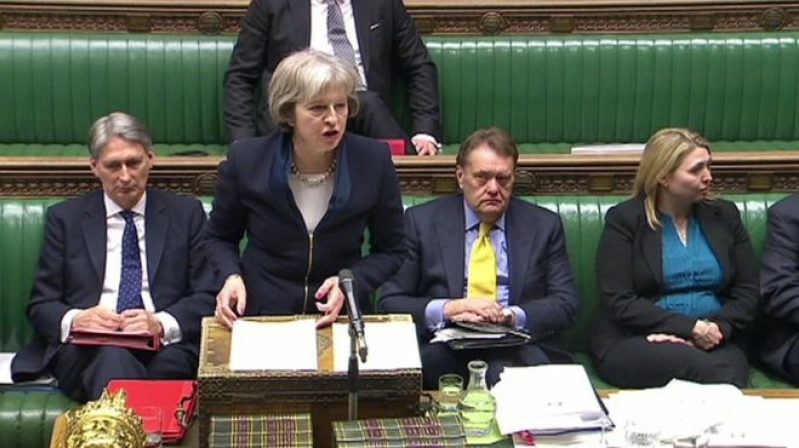
The UK has recently announced its move to launch nationwide surveillance systems that will mark itself as the "world's foremost surveillance state." The launch of these systems will allow police and government authorities to closely survey every nook and every person's movement in public as look as it is deemed threatening to UK's public order.
UN's Privacy Chief says the move is "worse than scary." Edward Snowden, former CIA agent and famous whistleblower, comments that UK's decision is "the most extreme surveillance in the history of western democracy."
Aptly called the Investigatory Powers Bill, this enables the legalization of authorities gaining access to personal records, communication records, and travel histories not only of UK citizens, but also of people considered questionable by the UK government. The bill thus legalizes the UK's global surveillance program, which has been in the works since threats of ISIS groups came into the fore.
The UK's Labor Party has always held its strong opposition to the bill; however, due to other issues that came in at unprecedented scales including the Brexit and the fall of the British Pound, the bill was approved and now on its way for the Queen's review and final approval. Once signed by the Queen, the bill will immediately be enacted into law.
Several reports have emerged with details of the highly debated Investigatory Powers Bill, and here is an overview:
- Recording of everyone's browser history: the UK government will have access to every person's browsing history, whether the internet is accessed on stealth mode on a PC, laptop or mobile. The government will keep a record of every website checked, plus apps used, and metadata of calls. While individual pages are not kept in the national database, the main domain is kept for monitoring purposes. All Internet Service Providers (ISP) and network carriers will be paid by the government to do the recording process for investigating authorities.
- Equipment interference: authorities will have the power to remotely "hack" into equipment that they deem questionable and threatening. It is said that interference will come into two types: targeted and bulk. While the government can have access to individual users, it can also target large groups who are in a communication network with content that threatens public safety. Bulk hacking is only authorized for foreigners.
While some citizens have taken this move in jest, "The police will know what porn you look at! They'll know how much time you waste on Facebook!" the bill opens a big divide between the UK government and its citizens.
"The key point about this power, though, is that it has no judicial oversight. Access to citizens' web history will be solely at the discretion of the police, with a specially trained supervising officer approving or denying requests," says Jim Killock, Executive Director of Open Rights Group. Killock adds, "That's definitely a problem in a country where even senior law enforcement officers admit that... police force (that) is institutionally racist have 'some justification'."







